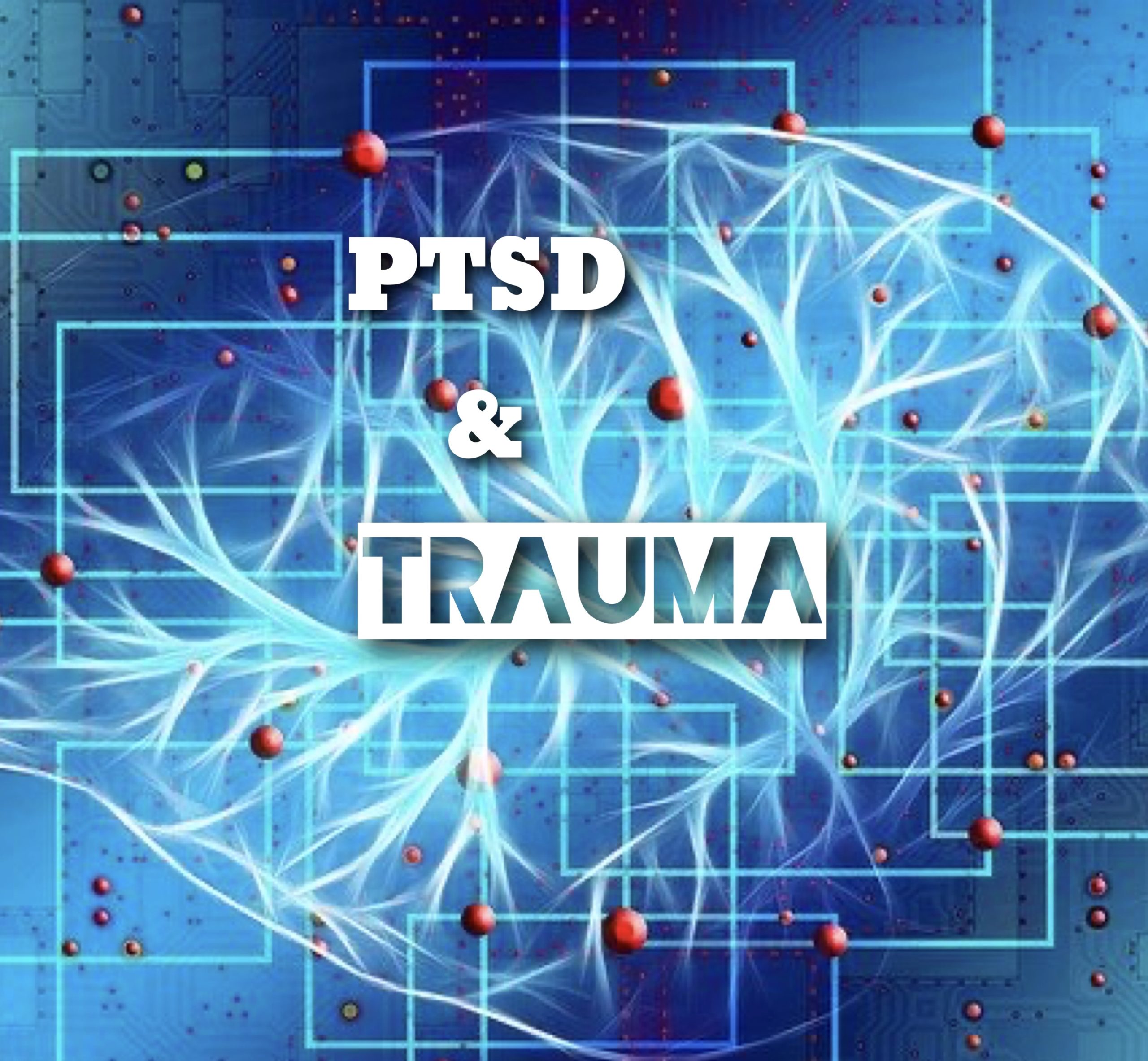
Trauma and PTSD
Post-traumatic Stress Disorder (PTSD) develops when someone has experienced or witnessed a scary, dangerous or emotionally overwhelming event. These events can range from a natural disaster, rape, riots, abuse or even car accidents. It can also affect medical professionals and other first respondents who pick up the pieces.
While it’s completely normal to feel afraid either during or after something scary, those that develop PTSD stay in the “fight-or-flight” mode even when they aren’t in danger.
Signs and Symptoms
There are four categories of symptoms.
- Intrusive thoughts
- Repeated, involuntary memories or distressing dreams. At times flashbacks can feel so real to the person they feel as if they’re reliving the experience.
- Avoidance
- Not going to places or seeing people that remind them of what happened.
- Trying not to think or have any feelings about the situation.
- Negative thoughts or feelings
- Believing that no one can be trusted, they are a bad person and having guilt or shame. Feeling detached or estranged from people is also another symptom.
- Arousal or reactivity
- This can include being irritable or having angry outbursts and can include reckless or self-destructive behavior.
Depending on the person and details of the experience, symptoms may not appear for months or years. But in some cases it is immediate.
Services to Treat PTSD
Therapy for PTSD focuses on relieving symptoms by a variety of treatment types.
- Exposure therapy
- Through a number of systematic techniques, a person is gradually exposed to the trauma in a safe environment where they can lower their anxiety and decrease avoidance.
- Cognitive restructuring
- This helps people identify, challenge and alter stress-inducing thought patterns and beliefs. The goal is to enable people to replace stress-inducing thought habits with more accurate ones.
- Talk therapy
- Traditional form of counseling when the person talks about the things that are troubling and get help clarify them and put them in perspective.
Finding a Therapist for PTSD
When looking for a mental health professional to specifically treat PTSD, it’s a good idea make sure they specialize in treating trauma. Most primary care providers can provide a list that have experience treating PTSD. There are mental health professionals here at Lifeline Connections to work with you every step of the way and online support groups. Learn more about our mental health programs.
Help yourself while in treatment
- Engage in mild physical activity or exercise to help reduce stress
- Set realistic goals for yourself
- Break up large tasks into small ones, set some priorities, and do what you can as you can
- Try to spend time with other people, and confide in a trusted friend or relative. Tell others about things that may trigger symptoms.
- Expect your symptoms to improve gradually, not immediately
- Identify and seek out comforting situations, places, and people
Caring for yourself is especially important when so many people are exposed to traumatic events such as unexpected business closures during COVID-19, accidents and violent acts.
Sources:
https://www.nimh.nih.gov/health/topics/post-traumatic-stress-disorder-ptsd/index.shtml
